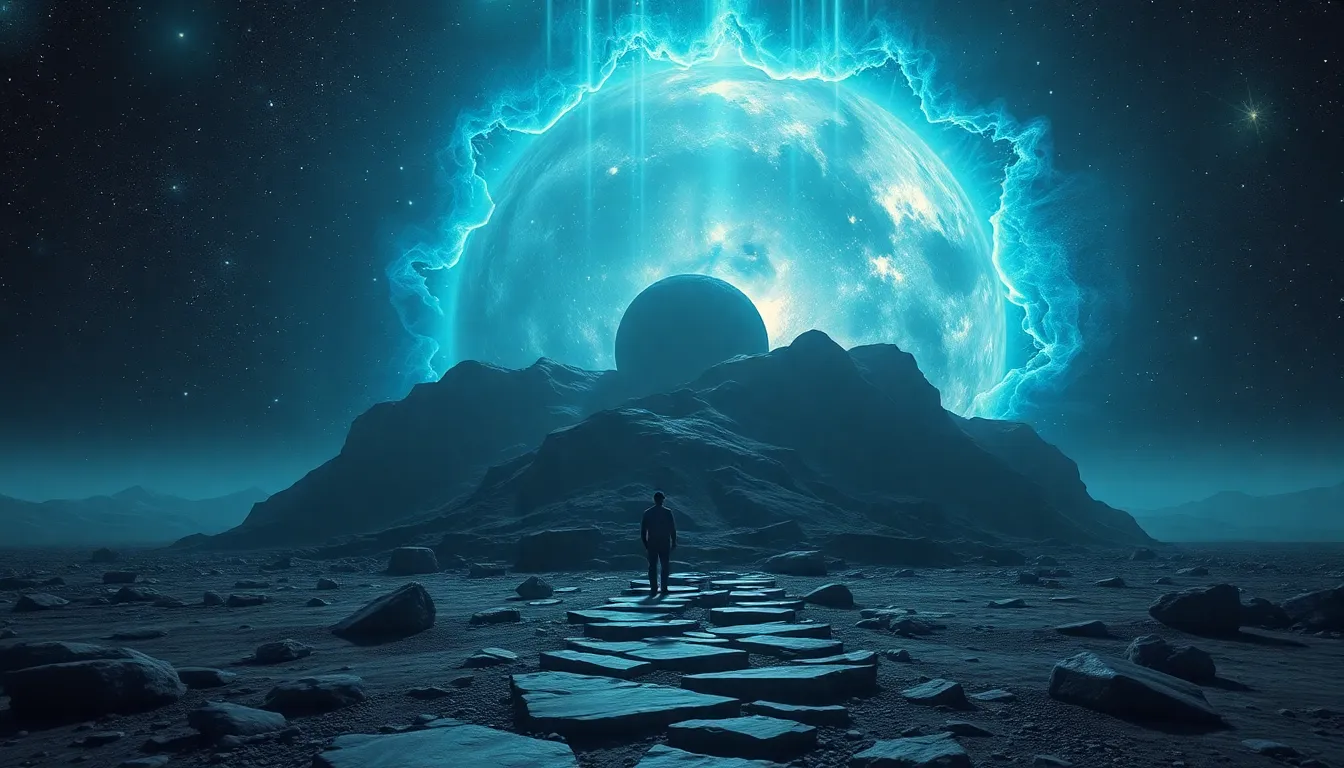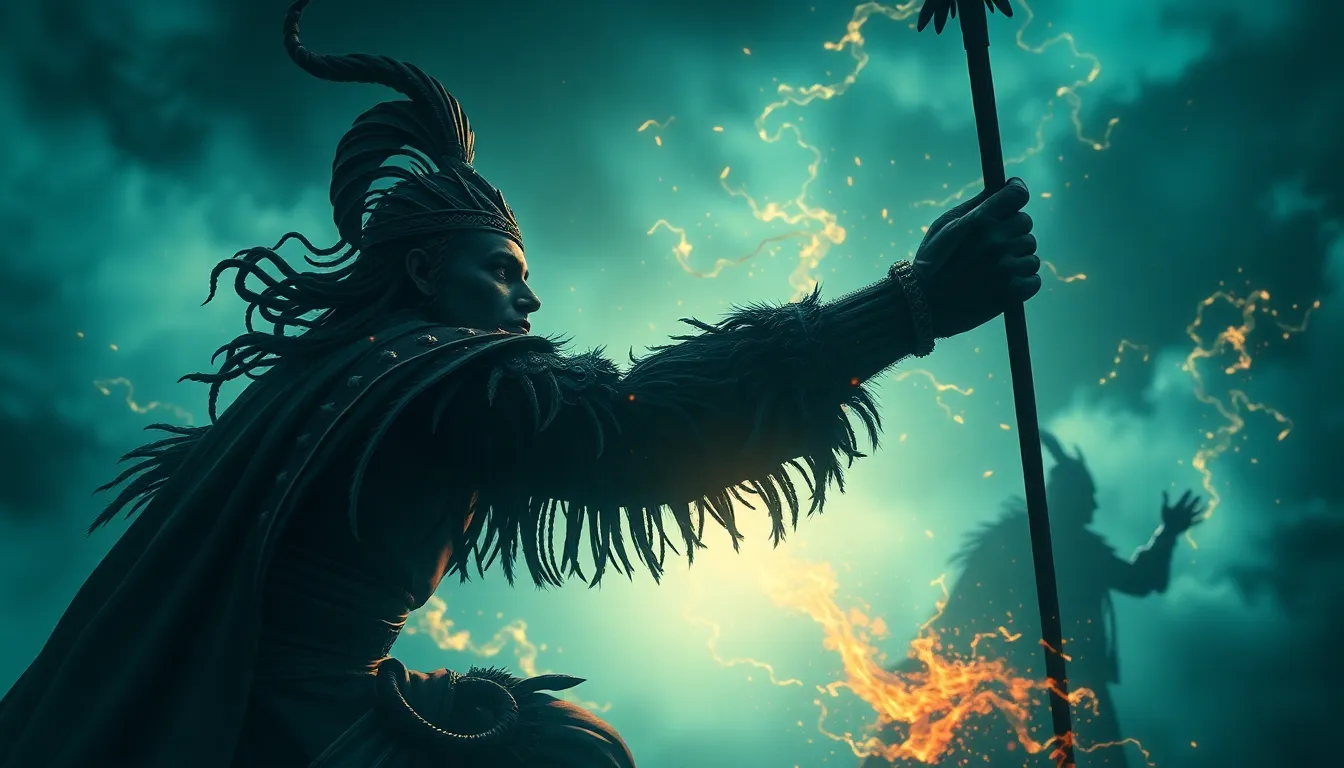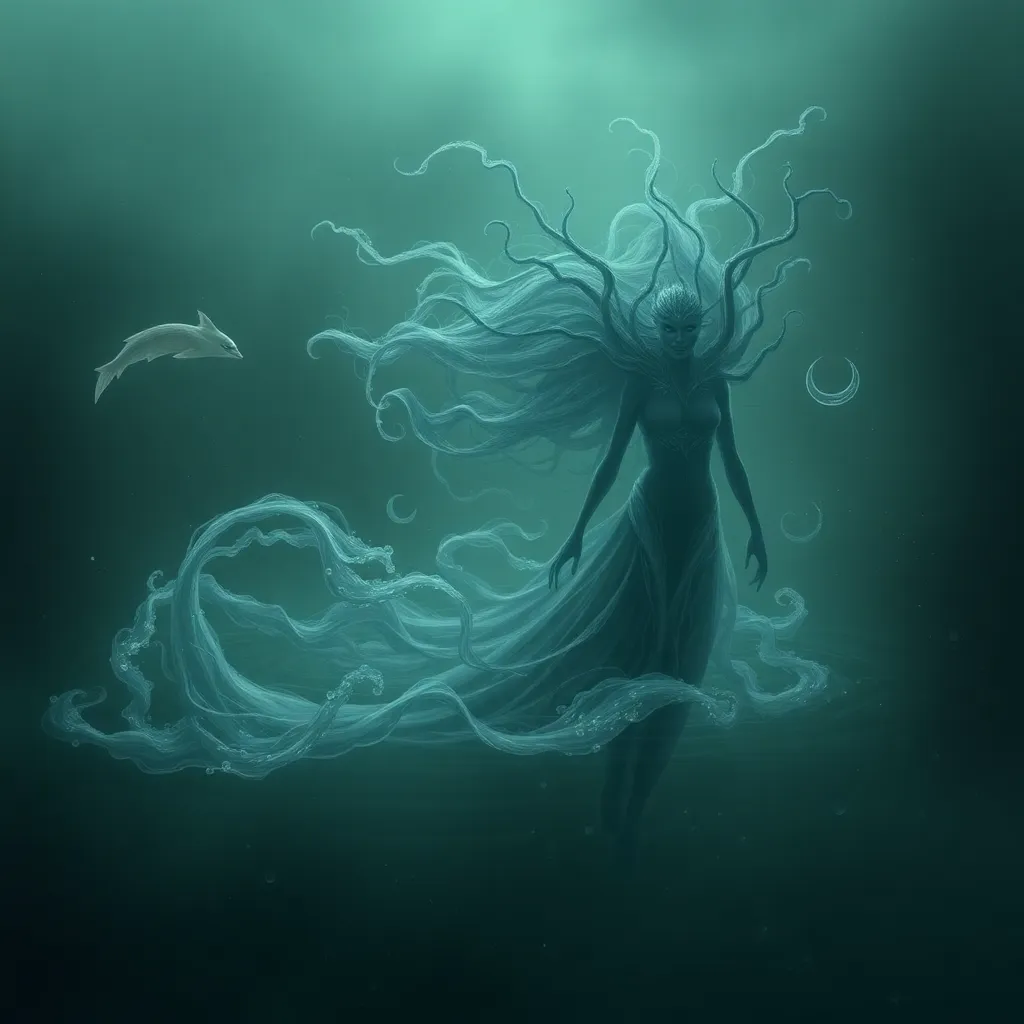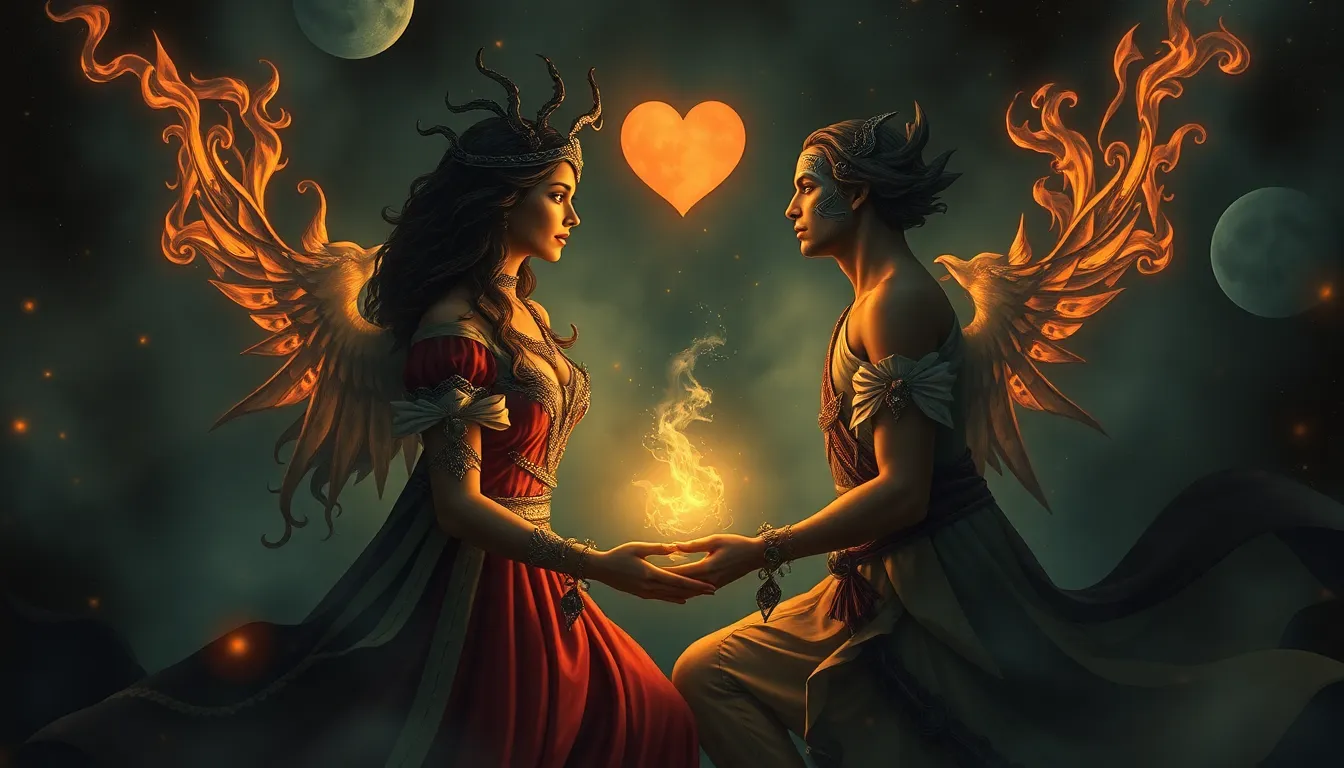The Journey of the Cosmic Observer: Myths of Perspective and Insight
I. Introduction
The term Cosmic Observer refers to any entity, be it human or otherwise, that seeks to understand the universe through observation and interpretation. This concept encompasses not only the physical act of looking at celestial bodies but also the broader quest for knowledge about existence itself.
Understanding the universe requires a multifaceted perspective, where each viewpoint contributes uniquely to our collective insight. From ancient myths to modern science, the narratives we create about the cosmos significantly shape our understanding of it. This article explores the myths related to cosmic observation and how they influence our perception and insights.
II. Historical Context of Cosmic Observation
Throughout history, various civilizations have looked up at the night sky, forging their own interpretations of the cosmos. The following highlights key elements of this historical context:
- Ancient Civilizations: Cultures such as the Babylonians, Egyptians, and Mayans developed intricate systems for tracking celestial movements, attributing these observations to their deities and mythologies.
- Development of Astronomy: As humanity’s understanding grew, so did the field of astronomy. The shift from mythological interpretations to scientific inquiries marked a pivotal change in perspective.
- Key Figures: Pioneers like Copernicus, Galileo, and Kepler transformed cosmic observation. Their discoveries challenged prevailing beliefs and laid the groundwork for modern astronomy.
III. Mythical Representations of the Observer
Mythology plays a vital role in shaping narratives about the cosmos. These stories often personify celestial bodies and define the relationship between humans and the universe.
- Mythological Observers: In various cultures, figures such as the Greek Titan Atlas, who bore the heavens on his shoulders, and the Egyptian goddess Nut, who represented the sky, serve as embodiments of cosmic observation.
- Impact on Modern Understanding: Many modern scientific concepts can trace their roots back to these mythological representations, highlighting the enduring influence of ancient narratives on contemporary thought.
IV. The Psychological Dimension of Perspective
Our understanding of the cosmos is often clouded by cognitive biases and cultural influences.
- Cognitive Biases: Heuristics, such as confirmation bias, can lead individuals to favor information that aligns with their pre-existing beliefs about the universe.
- Cultural Influence: Different cultures provide varying frameworks for interpreting cosmic phenomena, which can affect how individuals perceive their place in the universe.
- Case Studies: Historical shifts, such as the acceptance of heliocentrism, illustrate how collective perspective can transform through new insights and evidence.
V. The Evolution of Scientific Insight
Major scientific discoveries have revolutionized human understanding of the cosmos and our place within it.
- Major Discoveries: The discovery of gravity, the laws of motion, and the theory of relativity have all changed our understanding of cosmic phenomena.
- Interplay of Myth and Science: Often, myths and scientific inquiry coexist. As science advances, many myths are reinterpreted or debunked, leading to a deeper understanding of the universe.
- Technological Advancements: Innovations such as telescopes, satellites, and space probes have vastly expanded our observational capabilities, bringing new insights into previously mysterious cosmic phenomena.
VI. The Role of Art and Literature in Cosmic Insight
Art and literature serve as powerful mediums for exploring cosmic themes, often reflecting and influencing our understanding of the universe.
- Artistic Reflection: Artists like Van Gogh and contemporary creators use cosmic imagery to express their interpretations of the universe, often evoking emotional responses that encourage deeper reflection.
- Literary Explorations: Authors such as H.G. Wells and Carl Sagan have crafted narratives that delve into cosmic themes, blending scientific inquiry with imaginative storytelling.
- Creativity and Inquiry: The relationship between creativity and scientific inquiry fosters new ways of thinking about the cosmos, enabling fresh perspectives and insights.
VII. Contemporary Myths and Misconceptions
In today’s digital age, misinformation about the universe proliferates, leading to the emergence of new myths and misconceptions.
- Common Myths: Misunderstandings about black holes, the Big Bang, and extraterrestrial life often circulate in popular culture, influencing public perception.
- Effects of Misinformation: Such myths can hinder scientific literacy, making it crucial to promote accurate information and critical thinking.
- Debunking Myths: Engaging in scientific literacy initiatives can help debunk myths and foster a more nuanced understanding of the cosmos.
VIII. The Future of Cosmic Observation
As technology continues to advance, the future of cosmic observation holds exciting possibilities.
- Emerging Technologies: Innovations like space telescopes and artificial intelligence are set to revolutionize how we observe and understand the universe.
- Citizen Science: The rise of citizen science projects allows individuals to contribute to cosmic observation, broadening the community of cosmic observers.
- Future Myths: As our understanding deepens, new myths may emerge, reflecting the evolving relationship between humanity and the cosmos.
IX. The Philosophical Implications of Cosmic Perspective
The act of observing the cosmos raises profound philosophical questions about existence and our place in the universe.
- Existential Thought: Cosmic observation often leads to reflections on the nature of existence and our purpose within the vast universe.
- Interplay of Science and Philosophy: The dialogue between scientific discovery and philosophical inquiry enriches our understanding of both fields.
- Ethical Considerations: As we pursue knowledge about the cosmos, ethical considerations regarding our impact on the universe and the responsibility that comes with such knowledge become increasingly relevant.
X. Conclusion
The journey of the cosmic observer is a rich tapestry woven from historical, mythical, psychological, and scientific threads. As we explore the universe, it is essential to recognize the importance of diverse perspectives and the myths that shape our understanding.
Embracing this complexity allows us to engage more deeply with the cosmos, fostering a collective journey toward greater insight and understanding. As we look to the stars, let us remain curious and open-minded, ready to uncover the myriad mysteries that await us.




